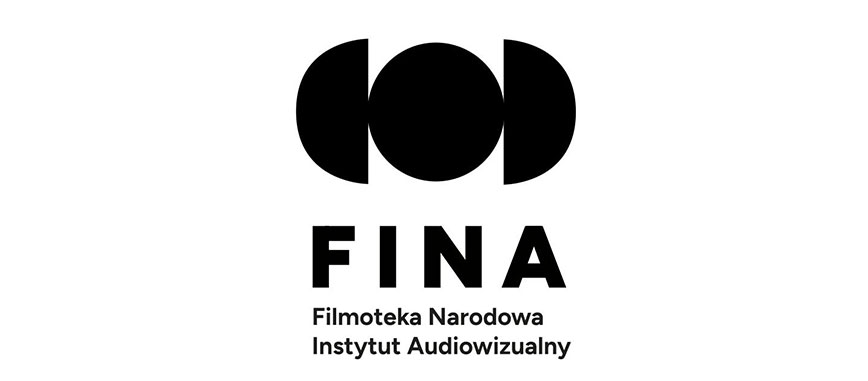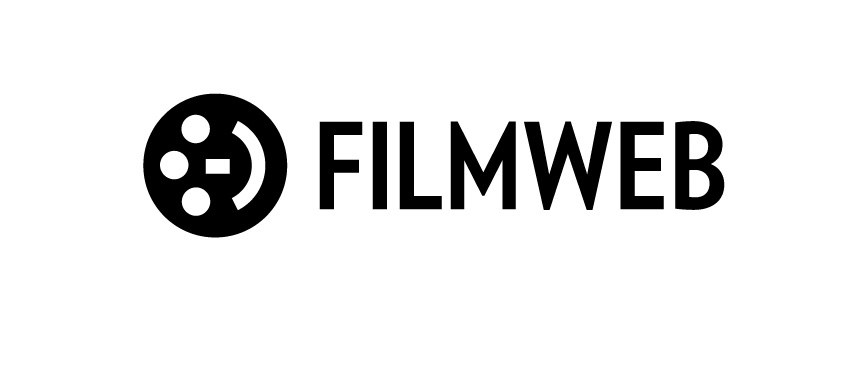Czołówka
- Tytuł oryg.:
- The Parade
- Rodzaj:
- Film fabularny
- Kraj produkcji:
- Słowenia, Serbia, Chorwacja, Macedonia
- Rok produkcji:
- 2011
- Reżyseria:
- Srdjan Dragojevic
- Montaż:
- Petar Markovic
- Operator:
- Dusan Joksimovic
- Obsada:
- Nikola Kojo, Milos Samolov, Hristina Popovic, Goran Jevtic, Toni Mihailovski
- Czas trwania:
- 115 min.
Opis filmu
Srdjan Dragojević, reżyser popularnych w Serbii filmów, takich jak „Nie jesteśmy aniołami” czy „Rany”, postanowił zrobić komedię o… homofobii na Bałkanach. Ryzykowny to był pomysł, zważywszy na wagę tematu oraz przemoc, jakiej doświadczają osoby LGBT ze strony nacjonalistów i kiboli. Dragojevicia zainspirowały wydarzenia związane z przygotowaniami do gejowskiej parady w Belgradzie w roku 2009, która od początku znalazła się na celowniku skrajnej prawicy. Głównym bohaterem filmu jest Limun – potężnych rozmiarów gangster, uczestnik wojny domowej, fanatycznie oddany prawosławiu i wszystkiemu, co „serbskie”. A także homofob. Nieoczekiwanie, pod wpływem swej narzeczonej (stylizowanej na popową gwiazdę, Jelenę Karleuszę) postanawia on ochraniać przemarsz mniejszości seksualnych. Do pomocy skrzykuje kolegów z krajów byłej Jugosławii – tych, z którymi i tych, przeciwko którym walczył na froncie.
W „Paradzie” geje są płaczliwi i zniewieściali, zaś oprychy i wojacy aż buchają testosteronem. Jaskrawe stereotypy mają tutaj jednak służyć apelowi o tolerancję i zrozumienie. Czy jest to metoda skuteczna? Na Bałkanach „Parada” stała się przebojem kasowym. Ale podbiła też „queerowy” Berlin. Podczas ostatniego międzynarodowego festiwalu w stolicy Niemiec otrzymała nagrodę publiczności sekcji Panorama, nagrodę czytelników gejowsko-lesbijskiego magazynu „Siegessaule”, jak również specjalne wyróżnienia jury ekumenicznego.
Szczegóły
Srdjan Dragojević, the director of such popular films in Serbia as "We Are Not Angels" and "The Wounds", decided to make a comedy about homophobia in the Balkans. It was a risky idea, given the importance of the subject and the violence experienced by LGBT people at the hands of nationalists and football fans. Dragojević was inspired by events connected with preparations for the Gay Pride Parade in Belgrade in 2009, which, from the very beginning, was on the radar of the far right. The main hero of the film is Limun, a gangster of massive proportions who fought in the civil war and is a fanatic devotee of the Orthodox faith and all that is "Serbian." He's also a homophobe. Unexpectedly, influenced by his fiancée (a stylized version of the pop star Jelena Karleuša), he decides to offer protection at the march for sexual minorities. He is helped by others from the former Yugoslavia, those with whom and against whom he fought on the frontlines. In "The Parade", gays are weepy and effeminate, while the thugs and former soldiers are overflowing with testosterone. But the obvious stereotypes are used here to serve as an appeal for tolerance and understanding. Was this approach successful? In the Balkans, "The Parade" was a box-office hit. And it also captivated Berlin's gay community. During the most recent international festival in the German capital, it won the Panorama Audience Award; the award selected by the readers of Siegessaule, a magazine for gays and lesbians; as well as a special distinction selected by an ecumenical jury.
Oceń film









